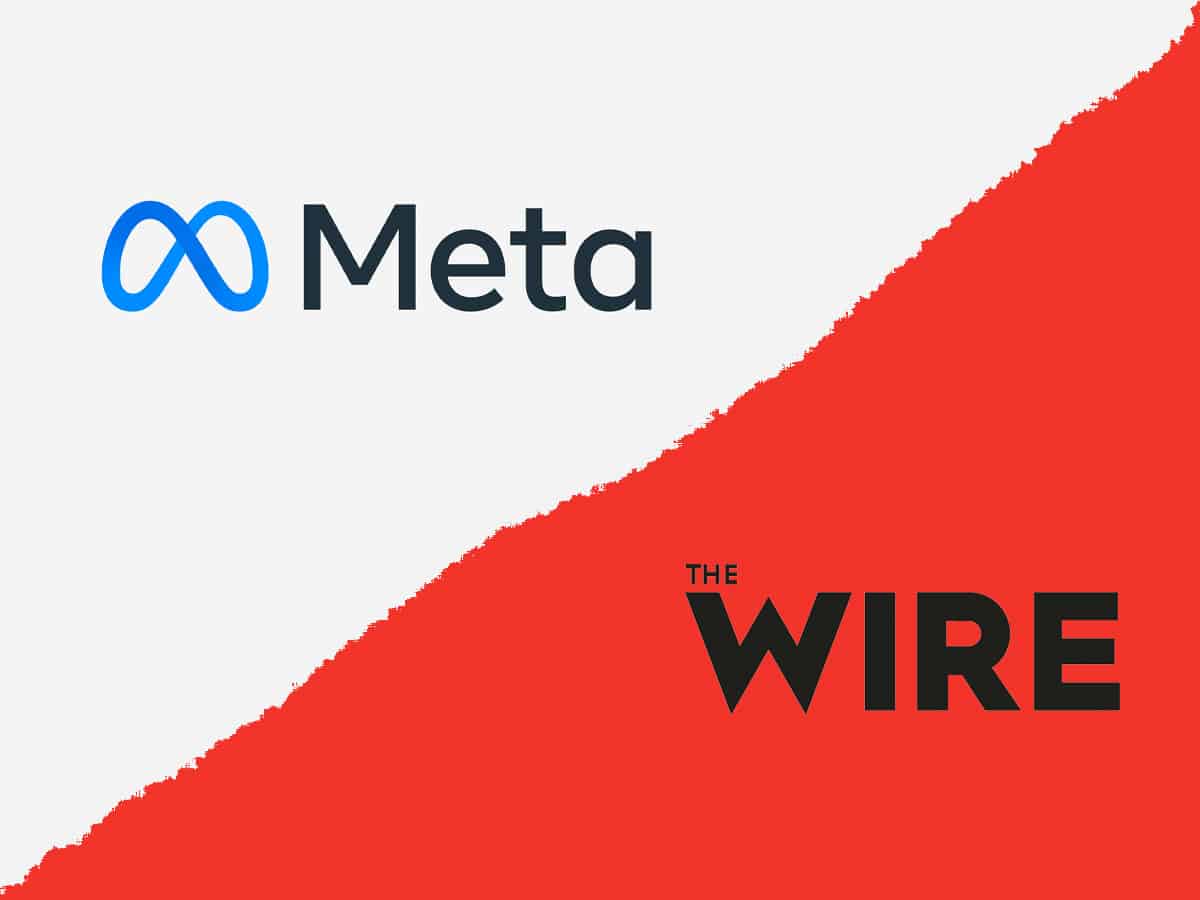
New Delhi: Meta (formerly Facebook) has taken on The Wire publication again, saying that while it is legitimate for them to be held accountable for their content decisions, “the allegations made by The Wire are false” and the screenshots of two emails from Meta employee used in the story are “fake”.
The two articles published by the online news platform alleged that a user whose account is cross-checked can influence content decisions on Instagram without any review.
“Our cross-check system was built to prevent potential over-enforcement mistakes and to double-check cases where a decision could require more understanding or there could be a higher risk for a mistake. To be clear, our cross-check program does not grant enrolled accounts the power to automatically have content removed from our platform,” the tech giant said in a blog post, titled “What The Wire Reports Got Wrong” published late on Wednesday.
The company said that the allegations “contain mischaracterizations of how our enforcement processes work, and rely on what we believe to be fabricated evidence in their reporting”.
The independent Oversight Board announced last October that it will review Meta’s cross-check system and provide recommendations on how it can improve it.
Meta also tried to explain what went wrong with the two articles.
“The first article claims that a cross-check account has the power to have content removed from our platform with no questions asked. This is false. Cross-check has nothing to do with the ability to report posts to seek the removal of content. The posts in question were surfaced for review by automated systems, not user reports,” said the company.
The system is designed to ensure that the enforcement decisions related to content posted by cross-check accounts are made accurately and with additional levels of human review.
“We don’t exempt anyone from our Community Standards and remove content that violates them if we see it,” the company added.
“This article was also based on allegedly leaked screenshots from our internal tools. We believe this document is fabricated. The URL on that ‘report’ is not in use. The naming convention is one we don’t use. There is no such report,” the social network said, adding that they did not identify a user report regarding the @cringearchivist content in September as reported.
“The second story cites emails from a Meta employee — the screenshot included in the story has two emails — both are fake. There are no such emails,” the company alleged.
The same story references an internal journalist “watch list”.
“No such list exists”.
Meta said that they accept scrutiny of their content decisions, “but we fundamentally reject these false allegations based on what we believe to be fabricated evidence. We hope that The Wire is the victim of this hoax, not the perpetrator”.
Meta Chief Information Security Officer Guy Rosen on Tuesday slammed The Wire for publishing two stories, which, according to Rosen, were “outlandish and riddled with falsities”.
Rosen, in a Twitter thread, said that he wanted to set the record straight about two stories run this week by The Wire “with untrue claims about Meta’s content moderation operations and processes”.



